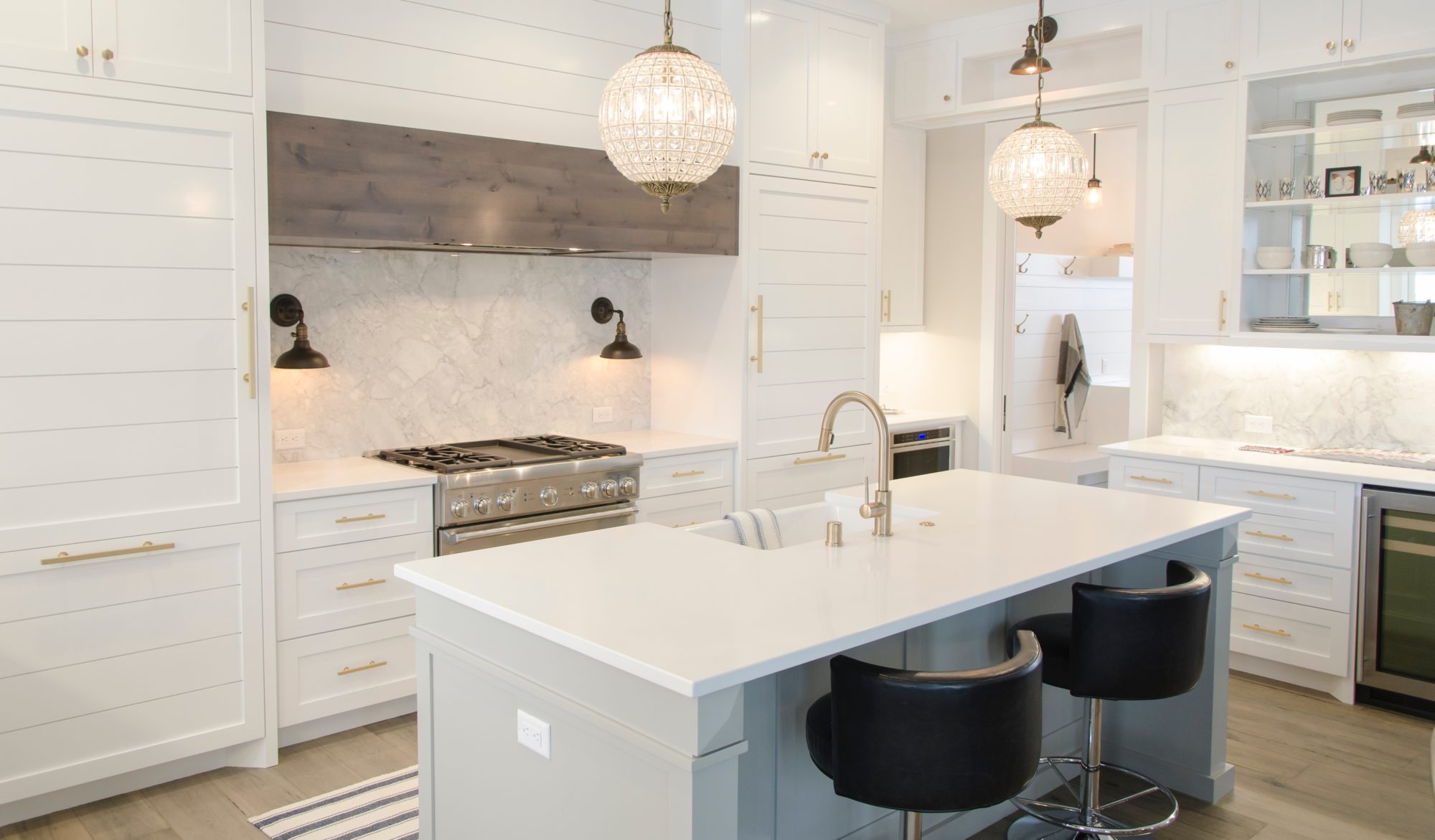My favourite clutter clearing book ‘Clear Your Clutter with Feng Shui’ written by Karen Kingston, has inspired the following:
What is your clutter costing you?!
Try this. Go into each room and estimate the percentage of space that is taken up by your clutter; things you rarely of never use. Be truthful with yourself; include everything you don’t unquestionably love. Count the things you haven’t used for at least a year. Remember to include space on book shelves where unread or once read books are, the back of closets, under the bed, the shed, the garage, everything!
Make a list:
1 – bedroom 1 25%
2 – bedroom 2 40%
3 – bedroom 3 50%
4 – hallway 15%
5 – dining room 30%
6 – kitchen 25%
7 – bathroom 20%
8 – basement 55%
9 – office 25%
10- shed 85%
Total the list 370%
Calculate:
370% divided by 10 (the number of areas) = average 37% clutter per room!!
In this example storing your stuff is costing 37% of your rent or mortgage!
A small off-site storage unit can cost $125 a month or more; $1500 (plus taxes) a year is a great vacation fund or a nice chunk off of your mortgage.
Get back to basics, reclaim your space, and keep only what you need.
I understand the difficulty of letting go; however, storing your unused stuff is creating more emotional and financial stress than you may realize. Trust me, once the stuff is gone, you won’t even miss it and the freedom of space will lighten your whole life.
I love hearing about your success stories. Leave your comments below or click on the Contact Page and tell me about your triumphs over clutter.
Enjoy your clutter free life!

